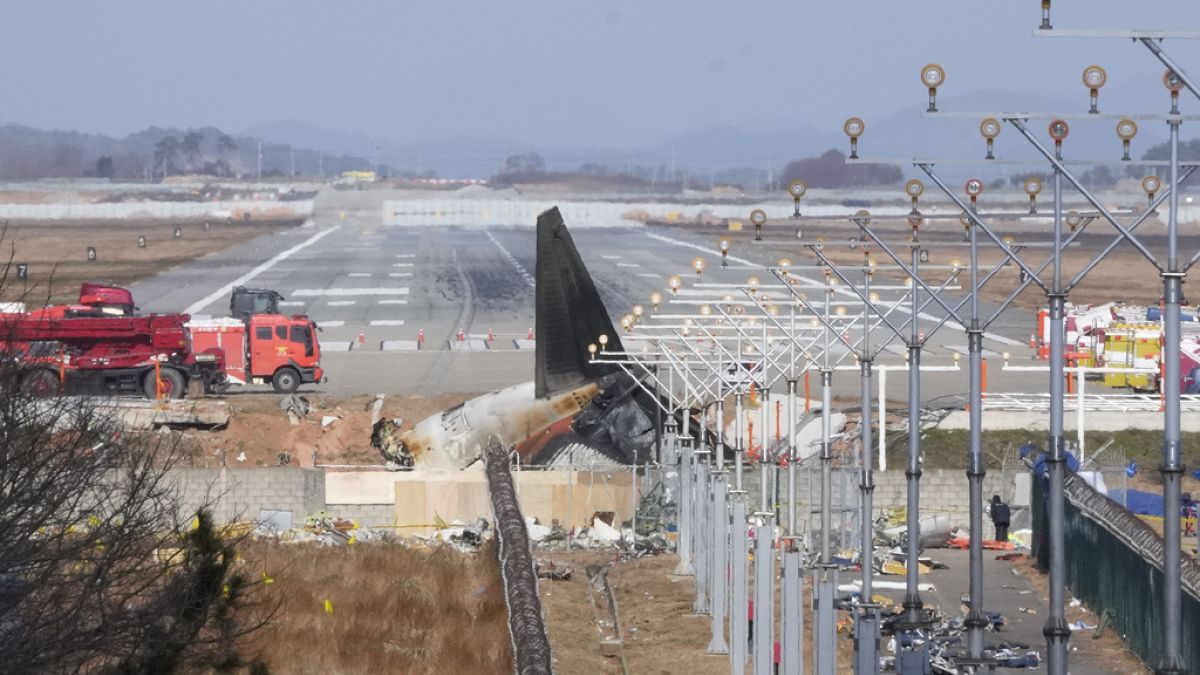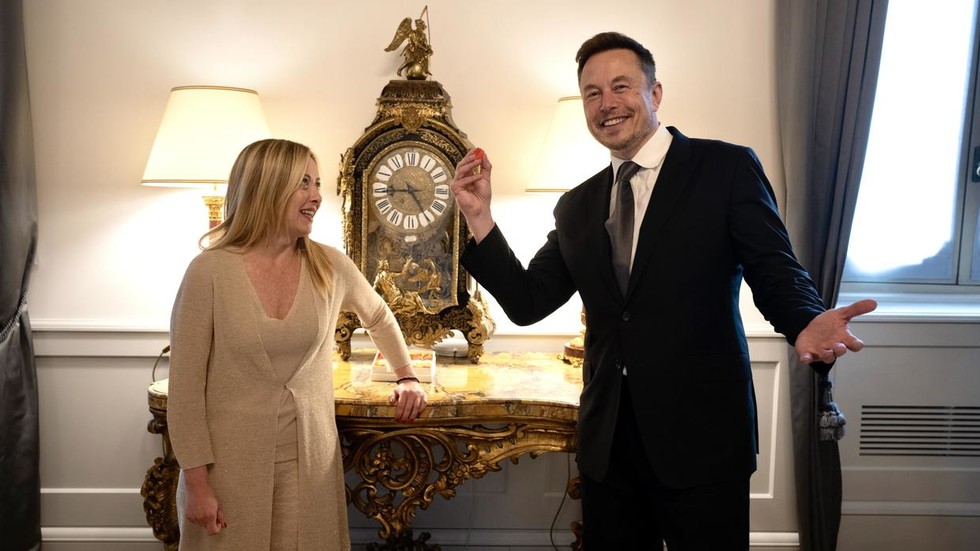An “ordinary civilian” found by the network in a “secret prison” reportedly turned out to be an intel officer involved in killings, torture, and extortion
CNN has found itself in hot water over a dramatic report showing a journalist releasing a man from a Syrian prison who claimed to be an “ordinary civilian,” with new evidence emerging that he served in Syrian Intelligence, was involved in multiple crimes, and was imprisoned because of a dispute with his higher-ups over sharing extorted money.
The seeds of the controversy were sown last week when the American network released a heart-wrenching video of CNN reporter Clarissa Ward entering a “secret prison” in Damascus in search of missing US journalist Austin Tice following the overthrow of former Syrian President Bashar Assad.
In the video, Ward is seen walking inside the facility accompanied by an armed man, later stumbling onto the only cell that was still locked. Upon further investigation, Ward found a man wrapped in a blanket inside, who thanked her for his release and kissed her hand.
The man identified himself as ‘Adel Ghurbal’ from the Syrian city of Homs, and said he had spent three months in various prisons. He also claimed that he was taken by Assad’s security service to be interrogated about the contents of his phone.
On Sunday, however, the Verify-sy web portal cast doubt on this version of events, saying, citing local sources, that Adel Ghurbal’s real name is Salama Mohammad Salama, also known as Abu Hamza, and that he was a first lieutenant in Syrian Air Force Intelligence.
According to the outlet, the man “managed several security checkpoints in Homs and was involved in theft, extortion, and coercing residents into becoming informants.” He also reportedly participated in military operations in Homs, “killed civilians, and was responsible for detaining and torturing numerous young men in the city without cause or on fabricated charges.”
Sources also told Verify-sy that Salama was not detained for these crimes, but rather “due to a dispute over profit-sharing from extorted funds with a higher-ranking officer.” In addition, it shared what it said was an image of Salama in a Syrian military uniform sitting in his office.
”Did CNN fabricate the story of “Freeing a Syrian Detainee from a Secret Prison?.. Did CNN deliberately mislead its audience to rehabilitate Abu Hamza’s image, or did it fall victim to misinformation?” the portal asked. It noted that Salama looked surprisingly well-groomed and well-fed for someone who spent several months in miserable prison conditions.
Following the suspicions, CNN published an article admitting that upon further investigation, the man in the picture did appear to have served in Syrian intelligence, and confirming that he had been accused of extortion. It added that it is “unclear how or why Salama ended up in the Damascus jail,” noting that his “current whereabouts are unknown,” and that CNN has been unable to contact him.

 3 weeks ago
6
3 weeks ago
6







 We deliver critical software at unparalleled value and speed to help your business thrive
We deliver critical software at unparalleled value and speed to help your business thrive






 English (US) ·
English (US) ·